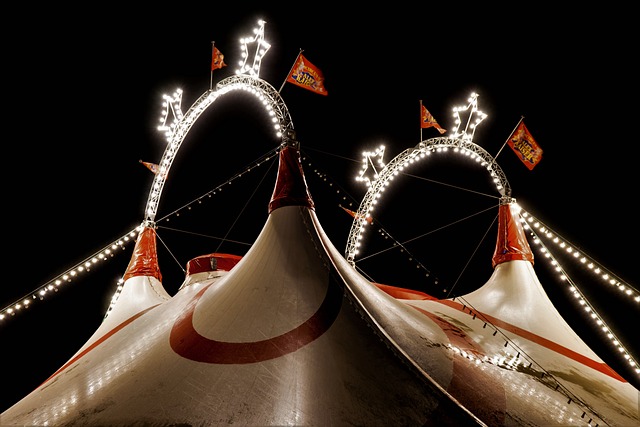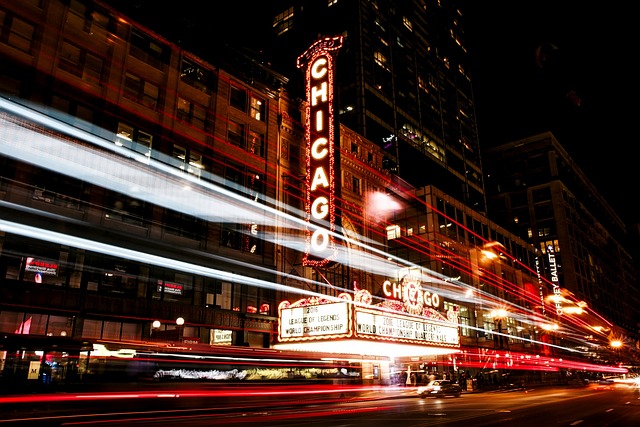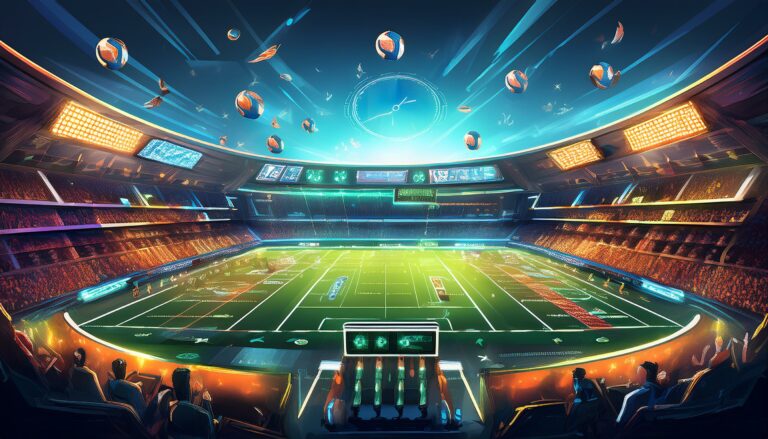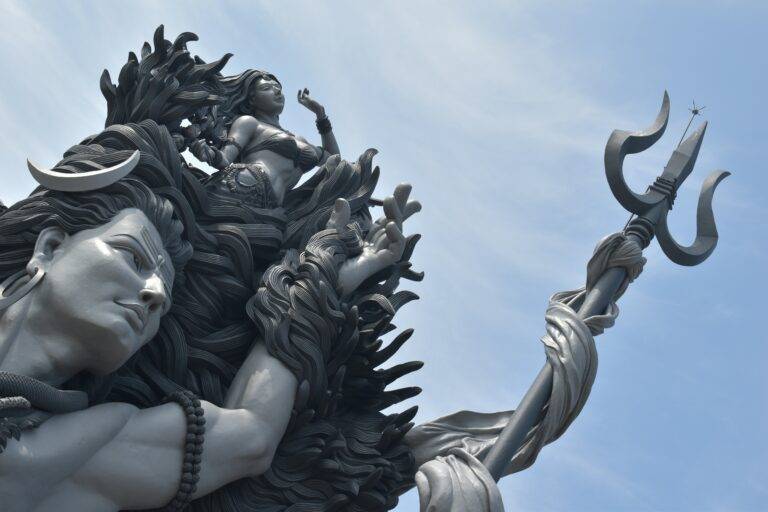Exploring the World of AI-Generated Writing and Creative Content
The rise of AI-generated content has brought forth a myriad of challenges for content creators and consumers alike. One of the primary concerns is the issue of authenticity and originality. With AI being capable of producing vast amounts of content in a short span of time, there is a risk of flooding the digital space with generic and unoriginal material. This raises questions about the value of creativity and the uniqueness of content in a world increasingly dominated by automated processes.
Moreover, another challenge posed by AI-generated content is the potential loss of human touch and emotion in the writing. While AI algorithms are efficient in churning out content based on data and patterns, they often lack the depth and empathy that human writers bring to their work. This can result in content that feels cold and detached, failing to resonate with audiences on a deeper emotional level. As AI continues to evolve and play a larger role in content creation, striking a balance between efficiency and human creativity will be crucial in maintaining the quality and relevance of the content produced.
The risk of flooding the digital space with generic and unoriginal material
Questions about the value of creativity and uniqueness in content creation
Potential loss of human touch and emotion in AI-generated writing
Content that feels cold and detached, lacking emotional resonance
Striking a balance between efficiency and human creativity in content creation
Ethical Considerations in AI Writing
When it comes to AI writing, ethical considerations are paramount. One of the main concerns is the potential misuse of AI-generated content to spread misinformation or fake news. As AI technology becomes more sophisticated, there is a growing risk that malicious actors could manipulate the algorithms to deceive and manipulate audiences.
Another ethical issue in AI writing is the question of authorship and ownership. Who should be credited for content created by AI – the developers of the technology, the users who input the data, or the AI system itself? This raises complex legal and moral questions about intellectual property rights and the impact of AI on the creative process. Establishing clear guidelines and regulations around these issues will be crucial to ensure accountability and fairness in the evolving landscape of AI writing.
Impact of AI on Creative Industries
The integration of AI into the creative industries has sparked both excitement and apprehension among professionals. AI tools have significantly impacted the way content is produced and distributed in sectors such as advertising, journalism, and entertainment. With the ability to generate vast amounts of content quickly and efficiently, AI has helped streamline processes, increase productivity, and reduce costs for many organizations.
However, the rise of AI in the creative realm has also raised concerns about job displacement and the potential homogenization of content. Some experts fear that reliance on AI-generated content could lead to a decrease in diversity and originality, ultimately stifling creativity and innovation in the industry. Balancing the benefits of AI efficiency with the need for human creativity and uniqueness presents a fundamental challenge for the future of the creative industries.
What are some challenges of AI-generated content in the creative industries?
Some challenges of AI-generated content in the creative industries include concerns about originality, the potential for loss of human creativity and uniqueness, and the need for oversight to ensure quality and ethical standards are upheld.
What ethical considerations should be taken into account when using AI for writing in the creative industries?
Ethical considerations when using AI for writing in the creative industries include issues of intellectual property rights, transparency in disclosing AI involvement, and the potential impact on human writers and artists.
How is AI impacting the creative industries?
AI is impacting the creative industries by streamlining processes, enabling new forms of creativity, and providing tools for artists and creators to enhance their work. However, it also poses challenges in terms of ethics, quality control, and the future role of human creativity.






